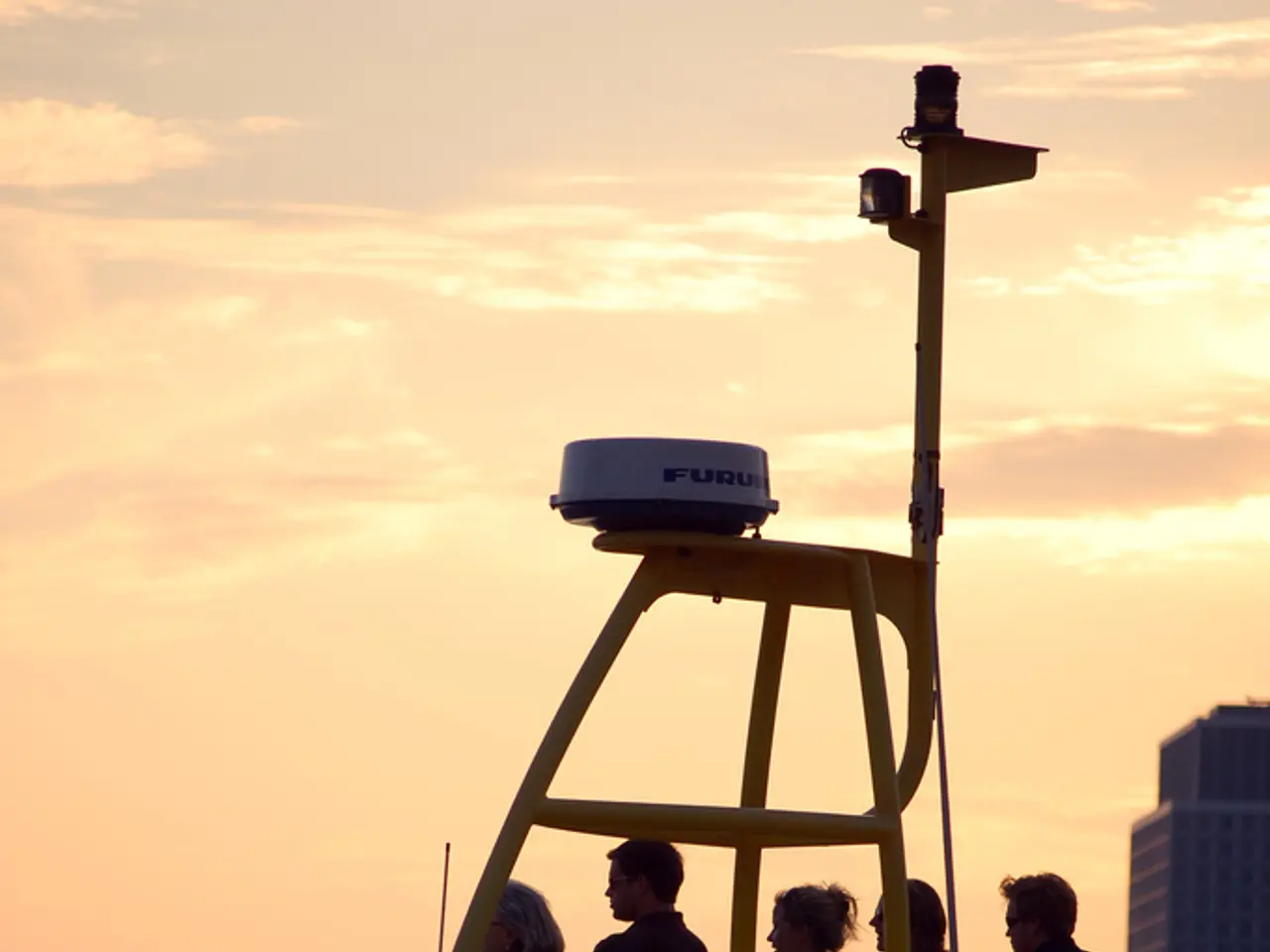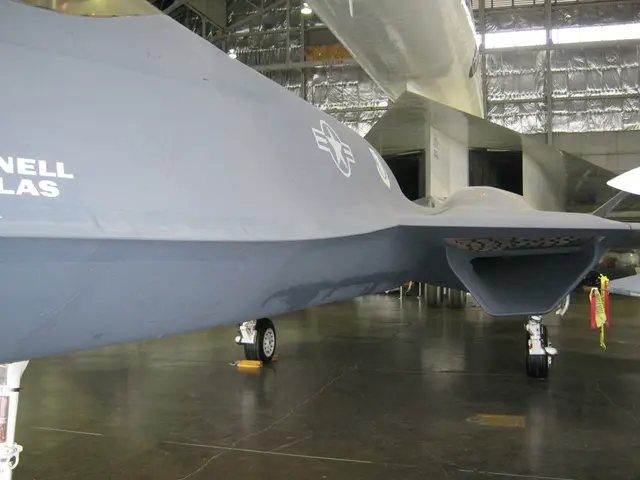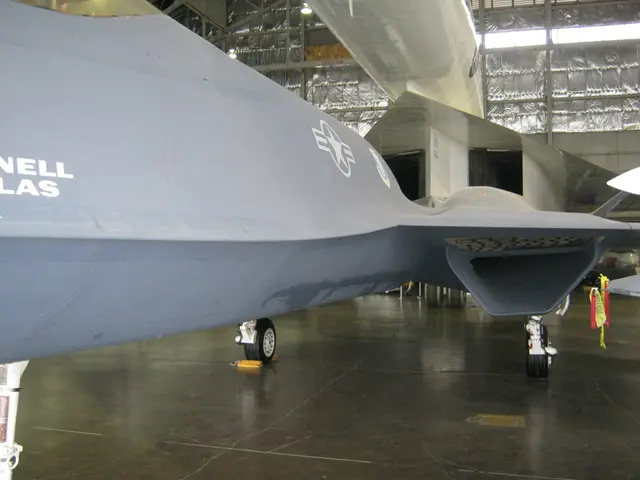Data Centres Prepare for Cooling Revolution Amid Rising Heat Challenges
Data centre professionals are gearing up for significant changes in cooling architectures, as rising heat challenges demand innovative solutions. The shift towards more efficient cooling methods is set to accelerate in the coming years, with AI playing a crucial role in driving these transformations.
At Tech Show Paris on 5-6 November, Didier Ronsen, Managing Director of Stulz France, will lead a session exploring how next-generation data centres must adapt to these rising heat challenges. Attendees can expect insights into hybrid cooling architectures and real-world learnings from deployments. The focus will be on Power Usage Effectiveness (PUE) optimisation, with new liquid-cooled systems achieving ratios as low as 1.2.
Air cooling now handles only 20% of the thermal load in data centres, with the rest requiring direct liquid solutions that cool processors at their core. Stulz will explore the shift towards Direct Liquid Cooling (DLC) and hybrid systems at Data Centre World Paris, where 80% of the thermal load is now handled by liquid rather than air. These systems are necessary to enable AI compute at scale and sustainably. Professionals building facilities today should prepare for these changes, as designs are being finalised.
The accelerated implementation of DLC and hybrid cooling is expected between 2024 and 2026, aligning with global AI infrastructure buildouts. This session is a must-attend for infrastructure managers, cloud architects, facilities directors, and operators facing density challenges from AI, HPC, and immersive tech. With data centre densities rising from 5kW per rack to 1MW, traditional air cooling can no longer keep up. The industry is poised for a significant shift towards more efficient cooling methods, driven by AI and the need for sustainable, high-density computing.
Read also:
- Trump announces Chinese leader's confirmation of TikTok agreement
- Enhancing the framework or setup for efficient operation and growth
- U.S. Army Europe & Africa Bolsters NATO, African Partnerships in Phase Zero
- Ford Europe Charters Vessels Amid Capacity Shortages; Hyundai, Wallenius Wilhelmsen Invest in Green Ocean Transport








